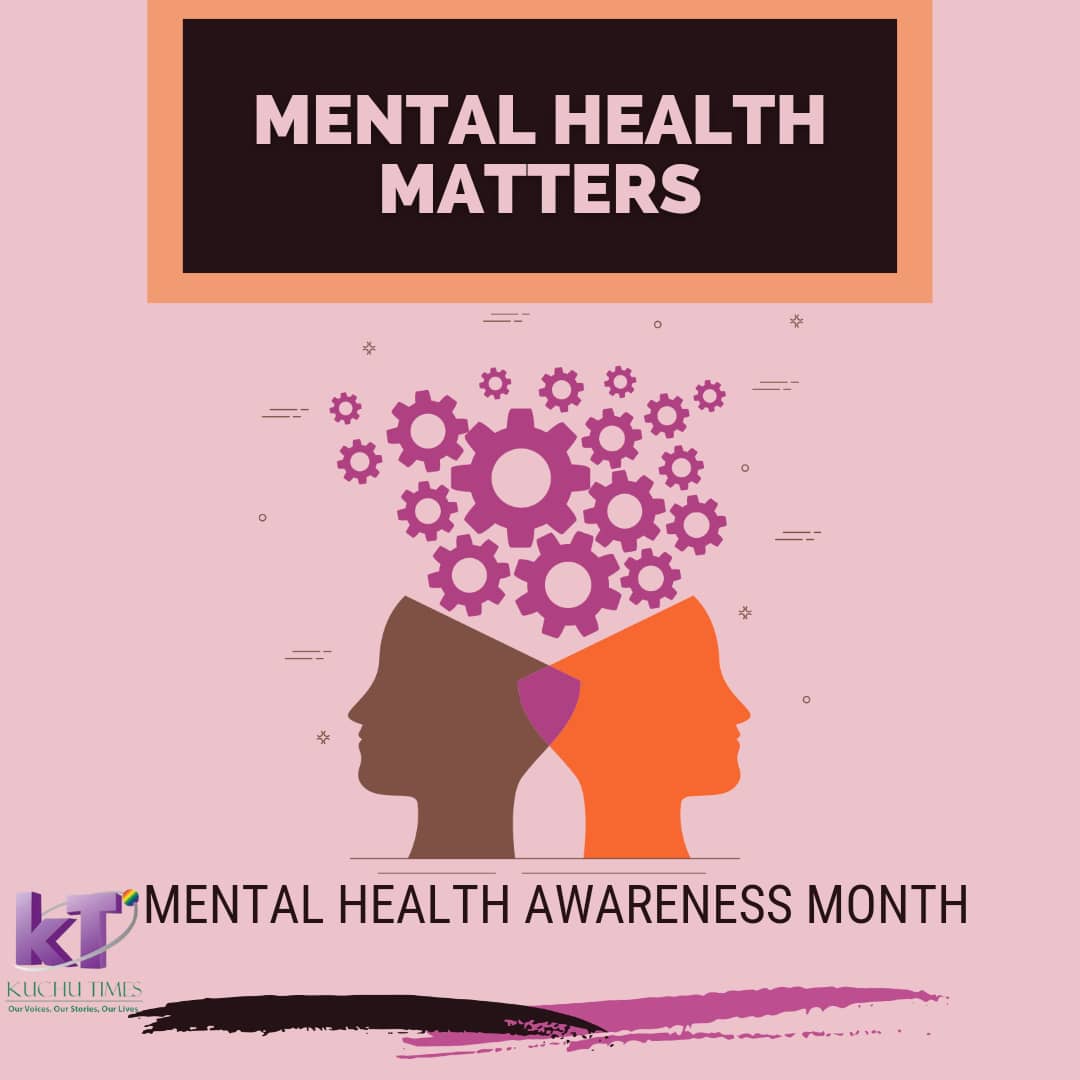The mental health challenges faced by LGBTQ+ individuals in Uganda are a pressing issue that demands attention and action. The country’s socio-cultural and legal environment poses significant hurdles to the well-being and mental health of the LGBTQ+ community. Discrimination, prejudice, and oppressive laws create an atmosphere of fear, anxiety, and isolation, leaving many LGBTQ+ Ugandans vulnerable to mental health disorders. It is essential to shed light on these struggles and work towards creating a more inclusive and supportive society.
Uganda has gained notoriety for its harsh stance against homosexuality, with the most current demonstration being the repassing of the Anti-Homosexuality Bill, 2023. This legislation has perpetuated a climate of discrimination and hostility, leading to widespread stigmatization and marginalization of LGBTQ+ individuals. The fear of being ostracized, harassed, or even prosecuted creates immense stress and anxiety, profoundly impacting mental health.
Living under constant societal pressure to conform to heteronormative standards takes a significant toll on the mental well-being of LGBTQ+ Ugandans. The fear of rejection from family, friends, and the wider community leads to profound feelings of isolation and loneliness. Such experiences can result in increased rates of depression, anxiety, and suicidal ideation among LGBTQ+ individuals.
Access to mental health services is crucial for the well-being of any population, and LGBTQ+ Ugandans face numerous barriers in this regard. Stigma, discrimination, and a lack of understanding among healthcare professionals often prevent individuals from seeking help. Moreover, the scarcity of specialized mental health services tailored to the unique needs of LGBTQ+ individuals further compounds the problem. It is essential to bridge this gap by fostering LGBTQ+ affirmative healthcare services and training healthcare providers to offer inclusive and competent care.
Creating safe and supportive spaces is vital for the mental health of LGBTQ+ Ugandans. Community organizations, NGOs, and grassroots initiatives play a crucial role in providing support networks and fostering a sense of belonging. By organizing support groups, counselling services, and educational programs, these entities offer invaluable resources to combat isolation and empower LGBTQ+ individuals to take charge of their mental well-being.
Addressing the mental health challenges faced by LGBTQ+ Ugandans requires a multi-faceted approach that includes advocacy and policy change. Local and international organizations, along with allies and activists, should work collaboratively to challenge discriminatory laws, promote human rights, and raise awareness about the mental health needs of the LGBTQ+ community. By engaging with policymakers and advocating for legislative reforms, it is possible to create an environment that is inclusive, affirming, and protective of LGBTQ+ individuals.
Education and awareness programs play a vital role in dismantling societal prejudices and misconceptions surrounding homosexuality. Implementing comprehensive sexual education in schools that includes LGBTQ+ issues can foster understanding, empathy, and acceptance. Additionally, media campaigns, public forums, and cultural events can help challenge stereotypes, promote diversity, and celebrate the contributions of LGBTQ+ individuals to Ugandan society.
The mental health challenges faced by LGBTQ+ Ugandans are deeply rooted in societal discrimination, stigma, and repressive laws. Addressing these issues necessitates a collective effort from government entities, civil society organizations, healthcare providers, and the community at large. By fostering safe spaces, promoting access to mental health services, advocating for policy reforms, and fostering education and awareness, it is possible to support the mental well-being of LGBTQ+ Ugandans and create a more inclusive and accepting society. Ultimately, the mental health of every individual, regardless of their sexual and gender identity. It is important to remember that mental health care is well, health care and is a right meant to be accessible to all Ugandans; no ifs or buts!




